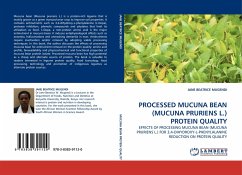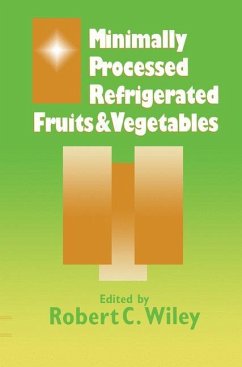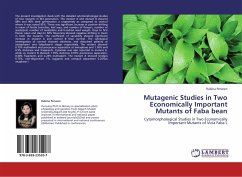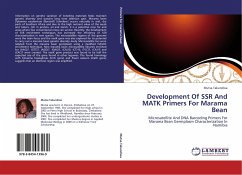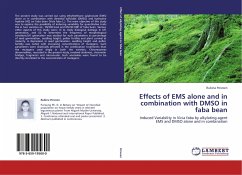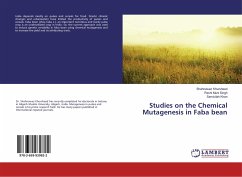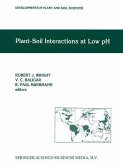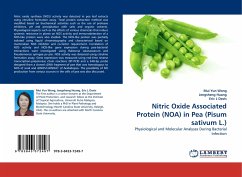Mucuna bean (Mucuna pruriens L.) is a protein-rich legume that is mainly grown as a green manure/cover crop to improve soil properties. It contains antinutrients such as 3,4-dihydroxy-L-phenylalanine (L-Dopa), protease inhibitors, phenolic compounds and phytates that limit its utilization as food. L-Dopa, a non-protein amino acid is the major antinutrient in mucuna bean. It induces antiphysiological effects such as anorexia, hallucinations and unmasking dementia in man. Antinutrients require inactivation and/or removal by adopting viable processing techniques. In this book, the author discusses the effects of processing mucuna bean for antinutrient removal on the protein quality: amino acid profile, bioavailability and physicochemical and functional properties of mucuna bean protein isolate. Processed mucuna bean has high potential as a cheap and alternate source of protein. The book is valuable to readers interested in legume protein quality, food toxicology, food processing technology and promotion of indigenous legumes as alternate protein sources.
Bitte wählen Sie Ihr Anliegen aus.
Rechnungen
Retourenschein anfordern
Bestellstatus
Storno

